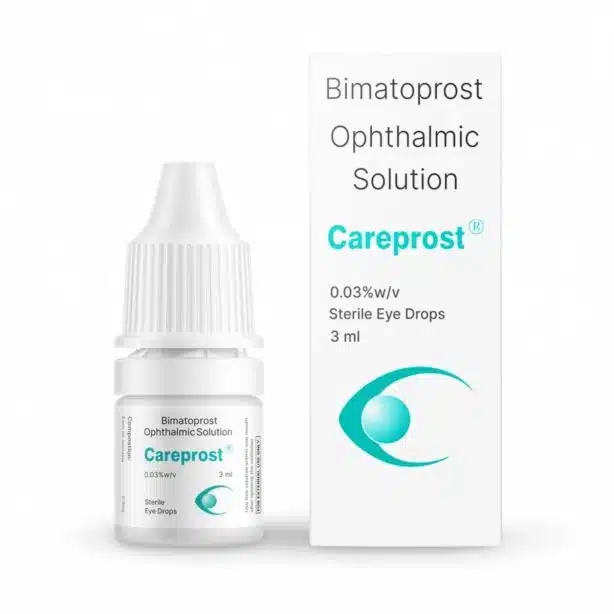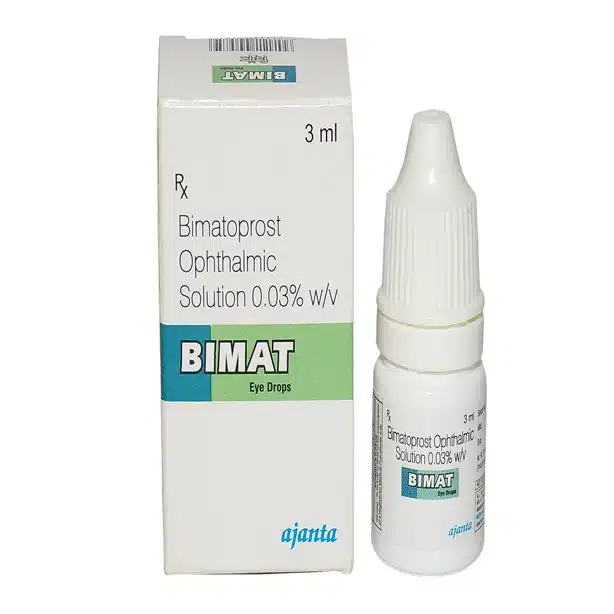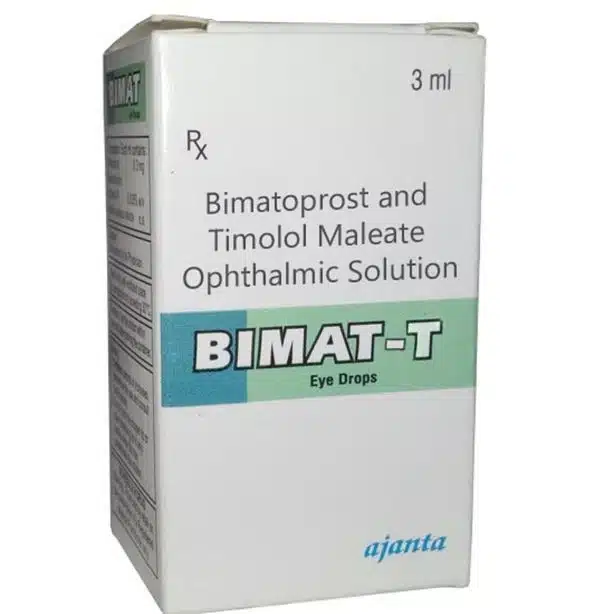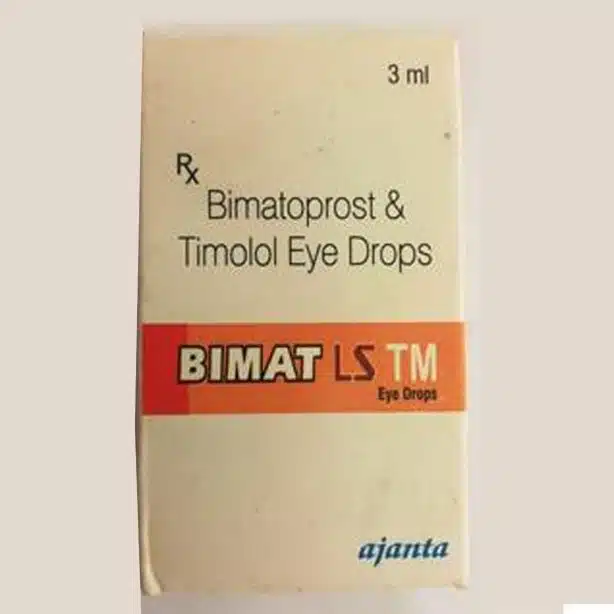Dry eye is a condition that occurs due to insufficient production of tears, which can cause discomfort and vision problems.
It affects 16 million Americans, according to the National Eye Institute. Dry eye is common during nighttime and can cause significant discomfort.
This article discusses dry eyes at night, exploring its causes, effects, and tips for relief.
Dry eyes at night
Dry eyes at night, or nocturnal dryness, is a condition that causes discomfort, irritation, and a sensation of dryness in the eyes. It specifically occurs during nighttime hours.
This condition can disrupt an individual’s sleep patterns and reduce the overall quality of life.
It usually resolves on its own; however, some people may require remedies or medical treatment to overcome dry eye symptoms.
Know everything you want to about Dry Eye Allergy with our article: Understanding Dry Eye Allergy: Causes, Symptoms, and Treatment
What causes dry eyes at night
Dry eyes are caused by reduced tear production or increased tear evaporation.
This phenomenon can disrupt the fluid balance in the tear film, which consists of fatty oils, aqueous fluid, and mucus.
Studies suggest that it may cause inflammation and irritation in the eye, leading to dryness.
This imbalance of fluid in the tear film can occur due to various factors, including:
- Aging, because dry eyes are more common among people over 50
- Hormonal changes, such as pregnancy, menopause, or use of contraception
- Blepharitis, or inflammation of eyelid glands
- Medical conditions such as Diabetes, Rheumatoid Arthritis, and thyroid issues can cause Dry Eyes
- Medications, such as Antihistamines
- A deficiency in Vitamin A can cause Dry Eyes
- Environmental factors, including dry air, wind, or smoke
If you experience dry eyes more often during nighttime, it could be due to other factors, such as:
Nocturnal Lagophthalmos
Nocturnal Lagophthalmos (NL) is a condition that involves the inability to close your eyes during sleep.
It causes the eyelids to remain partly or fully open while sleeping.
The closure of eyelids during sleep helps protect the eye from potential harm. NL prevents this function, causing the cornea to remain exposed during sleep.
It can lead to moisture evaporation and cause tear film dysfunction, leading to dry eyes.
High digital screen time
Prolonged screen usage can reduce the blinking rate, potentially leading to decreased eye tear production and distribution.
This condition, called computer vision syndrome or digital eye strain, is associated with dry eyes.
Screens emit blue light, reducing melatonin production, affecting sleep quality, and contributing to nocturnal dryness.
Contact lens use
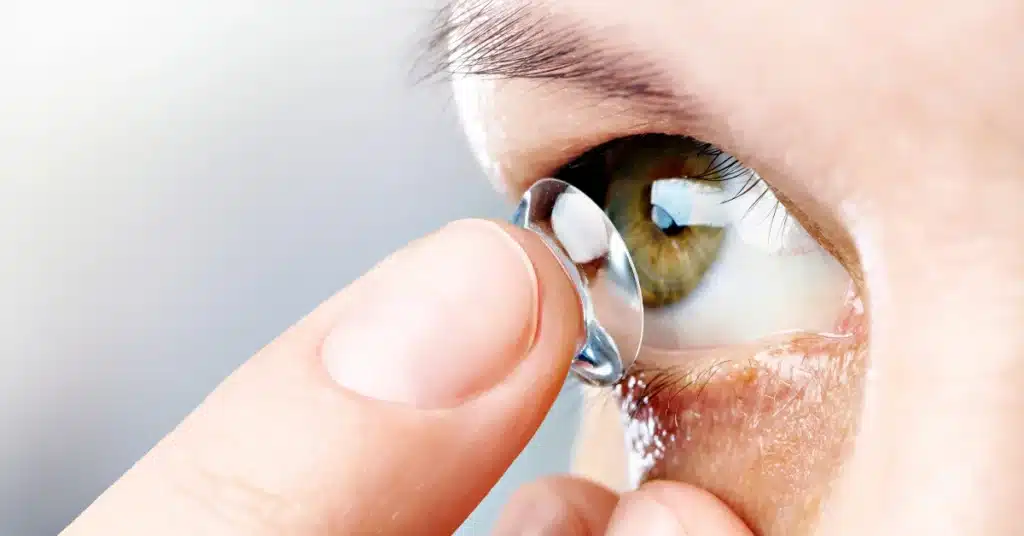 Source: Getty_images
Source: Getty_imagesContact lens wear can lead to dry eyes at night by absorbing tears and reducing moisture on the eye’s surface.
They could restrict oxygen supply to the cornea, causing discomfort. Extended wear or improper care of contact lenses may cause dryness.
Using contact lens lubricating drops and practicing good hygiene can help reduce these effects.
Discover how Dry Eyes can lead to itchiness with our article: Understanding Dry Itchy Eyes: Causes, Symptoms, and Treatment
Effects of dry eyes at night
Dry eyes at night can lead to various concerning effects, which can cause discomfort and visual impairment.
Dry eyes can lead to gritty or sandy eyes, red eyes, and irritation. These symptoms can cause frequent awakenings at night, affecting sleep quality and causing daytime fatigue.
Severe or untreated nocturnal dryness can cause corneal damage, such as abrasions or ulcers, impacting eye health.
Dry eyes at night can cause discomfort and disrupt sleep. Improper management can lead to severe eye complications.
Dry eyes at night treatment
Nocturnal dryness usually resolves on its own; however, some people may look for remedies if they experience painful dry eyes at night.
Fortunately, several home remedies and medical treatment options are available to provide relief from dry eyes.
Let us discuss home remedies and medical therapies for dry eyes:
Home remedies for dry eyes at night
Dry eye symptoms can usually be relieved with natural home remedies. These include using warm compresses, blinking exercises, and diet to support long-term eye health.
Let us look at some common home remedies for dry eyes:
Warm compresses: Applying a warm washcloth over closed eyelids for a few minutes can help promote tear production.
Blinking exercises: Blinking for 20 seconds every day can stimulate tear distribution.
Omega-3 fatty acids: Consuming foods and supplements rich in omega-3 can support tear production.
Explore the various treatment options for Dry Eyes with our article: Effective Dry Eye Treatment: Relieve Irritation and Improve Eye Health

Medical treatment for dry eyes at night
At night, individuals with severe dry eyes may require medical interventions to treat nocturnal dryness. These include prescription medicines, punctal plugs, and medical procedures.
Prescription medications: Your doctor may recommend dry eye medications, such as ointments or eye drops to reduce inflammation and stimulate tear production.
These may include:
- Cyclosporine (Restasis)
- Antibiotics
- Corticosteroids
- Cholinergics (Pilocarpine, Cevimeline)
- Hydroxypropyl cellulose eye inserts (Lacrisert)
- Lifitegrast (Xiidra)
Punctal Plugs: These are tiny devices inserted into tear ducts to help retain natural tears on the eye’s surface.
LipiFlow Procedure: This specialized procedure treats blocked oil glands that contribute to dry eyes.
Final outlook
Dry eyes at night, or nocturnal dryness, is a common condition affecting 16 million people in the U.S.
It can occur due to various factors that may decrease tear production and increase tear evaporation.
The common causes of dry eyes at night include Nocturnal Lagophthalmos, extended contact lens use, and excessive digital screen time.
Nocturnal dryness in the eyes can lead to sandy and gritty eyes, redness and irritation, and, in some cases, corneal damage.
The treatment for dry eyes includes a combination of natural remedies and medical interventions.
Consult an eye specialist if you frequently experience dry eyes at night. Leaving the condition untreated may lead to severe visual complications.
Now that you know about Dry Eyes at night, learn everything about Dry Eyes in the morning with our article: Identifying and Addressing Root Causes for Dry Eyes in the Morning
Frequently Asked Questions
How do you treat dry eyes at night?
You can treat dry eyes at night by using overnight lubricating eye drops, regular blinking exercises, or warm compresses on closed eyelids to stimulate tear production.
Why do dry eyes get worse at night?
Dry eye symptoms worsen at night due to lack of blinking, high screen time, and prolonged contact lens use.
How to prevent dry eyes at night?
You can prevent dry eyes at night by using a humidifier, avoiding excessive screen time before bed, and considering omega-3 supplements or a diet rich in fatty fish to support tear production.
Why can’t I sleep with dry eyes?
Sleeping with dry eyes is difficult due to discomfort, irritation, frequent awakenings, and, in some cases, corneal damage.
Why does only one eye get dry?
If you experience nocturnal dryness in only one eye, it could be due to a blocked tear duct.
When referencing outside resources, GoodrxMedicine always provides full citations. To learn more about the measures we use to maintain the quality of our content, please review our Content Information Policy.




